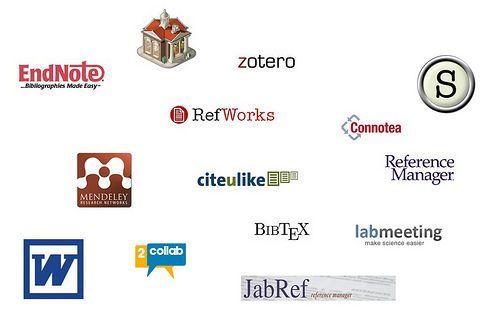Another guest post from Alex Knoll reporting from the German Genetics Conference in Cologne. Dusko Ehrlich fom Jouy en Josas in France started off the second session of the meeting. He is working with the MetaHIT project, which tries to do a metagenomic analysis of the human intestinal tract. This is interesting because each individual human carries about ten times more microbial cell in the gut than there are human cells in the whole body!
Front Matter
This is the first of several posts by guest science blogger Alexander Knoll, who will report from the Annual Meeting of the German Genetics Society. I will be back from my summer vacation on Sunday. Away from my usually blogging grounds at Alles was lebt at the German Scienceblogs, I want to bring you impressions from the Annual Meeting of the German Genetics Society in Cologne.

We did it. Yesterday was Science Online London, a conference about the online communication of science that took place at the Royal Institution. I hope that everybody that attended had a great time. You can see a lot of conference coverage on Twitter (hashtag #solo09) and in the FriendFeed Science Online London group.

Euan Adie in June announced the Streamosphere service on the Nascent blog: Welcome to the Streamosphere. His simple explanation of what Streamosphere does: Streamosphere lets you track scientific discussion on the web, in real time. The Nascent blog post explains Streamosphere in more detail, in another post from July Euan talks about some updates to the service. I've asked Euan a few questions to learn more about Streamosphere.

At SciBar Camp Palo Alto last month, Peter Binfield from PLoS ONE gave a very interesting presentation on Article-level metrics from the PLoS perspective. Particularly interesting was his announcement that PLoS journals will provide usage data (HTML pageviews, PDF and XML downloads) for all their articles in September.
Problem You want to distribute papers for a regular journal club in your department. Solution Create a group for your journal club in FriendFeed. You can create a either a private group, where only group member can read and post messages, or a public group that is open to everyone. Then invite all regular participants of your journal club to FriendFeed and make them join the group.

Regular readers of this blog know that I often talk about bibliographic management tools (most recently here and here), and it was probably for this reason that I was invited to an interesting full-day workshop last week at the Royal Free Hospital Medical Library in London: Bibliographic Management meets Web 2.0. The event was organized by science librarians Frank Norman, Nathalie Cornee and Betsy Anagnostelis, and was attended by about 20
Last year Elsevier started the Article 2.0 Contest and asked for the best ideas on how research articles should be presented on the web.
Google Wave is a new tool for communication and collaboration on the web. When Wave was first announced May 28 at the Google I/O conference, many people immediately saw its potential as a great collaboration tool for scientists: * Ricardo Vidal: Using Google Wave to surf the streams * Me: Google Wave – don't forget the scientists * Cameron Neylon: OMG! This changes EVERYTHING!
This weekend I was at SciFoo, an invitation-only unconference by O'Reilly Media, Nature and Google that took place at Google. I was fortunate to be invited, and I'm still digesting all the impressions and discussions that I had (there were many). This post is the indirect result of two sessions and several related discussions on one particular topic that I'm most interested in – the process of scientific publication.

SciBarCamp Palo Alto took place July 8-9 in the Institute for the Future. I came right from the airport and arrived too late for the general introductions and session suggestions. But there was time for a little break before Sean Mooney started his keynote lecture.